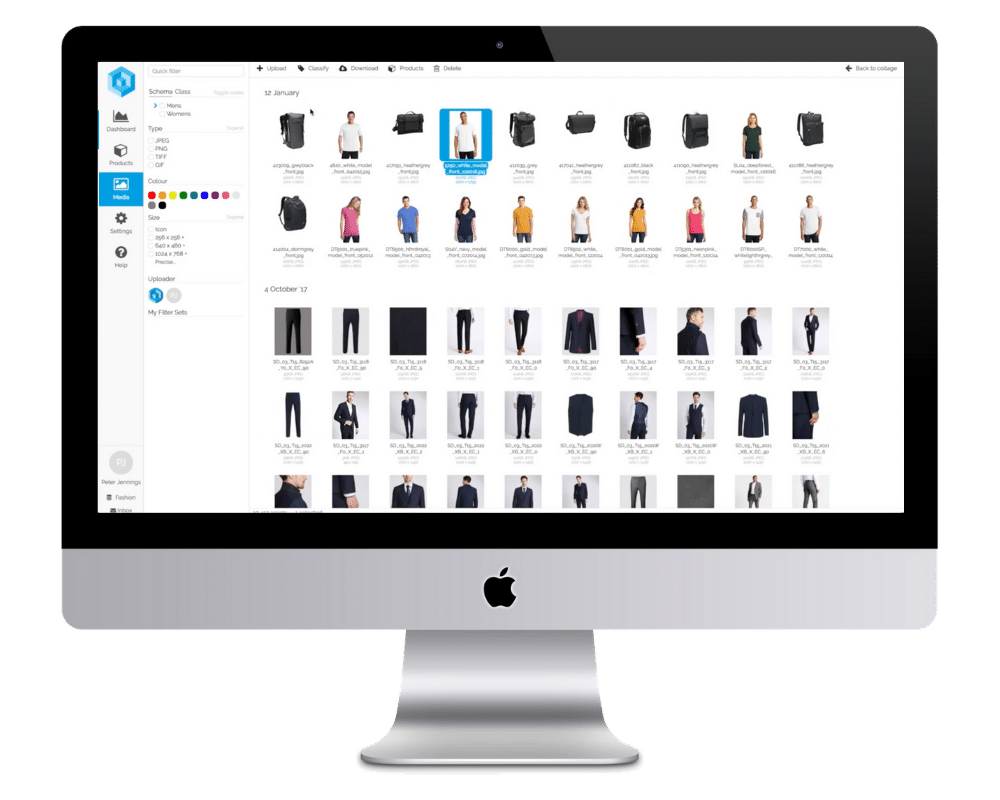9. Consumer Sentiment Analysis
AI tools are capable of analyzing thousands of reviews, social posts, and customer surveys to extract insights on sentiment. This data helps brands improve product development and enhance marketing strategies.
Case Study: Amazon’s Feedback Loop
Amazon uses AI to analyze customer reviews, detect sentiment trends, and inform product teams about recurring praise or issues.
Source
Leveraging Sentiment Data with Pimberly
Retailers can use Pimberly to connect product data with customer sentiment—aligning reviews and feedback with specific SKUs. This makes it easy to refine messaging, highlight top-rated features, or remove underperforming products.
10. Payment Processing
AI is modernizing payment systems with real-time fraud detection, facial recognition, and one-click mobile checkouts. These features reduce cart abandonment and improve the overall customer experience.
Case Study: Amazon Go Stores
Amazon Go’s cashier-less stores use AI, computer vision, and sensor fusion to automatically charge customers as they leave—no checkout required.
How Pimberly Supports AI-Driven Payment Processing
To support seamless checkout, retailers must ensure their product data—SKUs, tax info, pricing—is consistent. Pimberly ensures this alignment, reducing transaction errors and enabling frictionless payments.
Power Your AI Strategy with Pimberly
As these real-world examples show, AI in the retail industry is reshaping every aspect of the value chain. But AI is only as good as the data it relies on. That’s why a strong product data foundation is essential for success.
Pimberly’s PIM and DAM solutions give AI the structured, consistent, and enriched data it needs to perform—whether it’s powering chatbots, dynamic pricing, or automated content creation. With AI and Pimberly working together, retailers can meet today’s demands and future-proof their operations.













